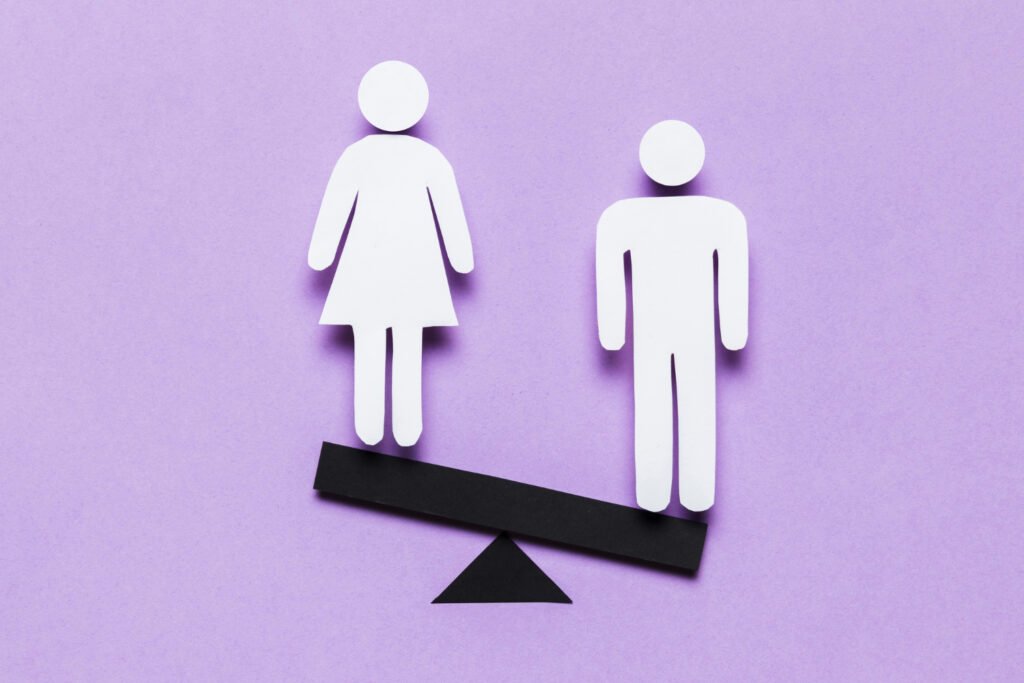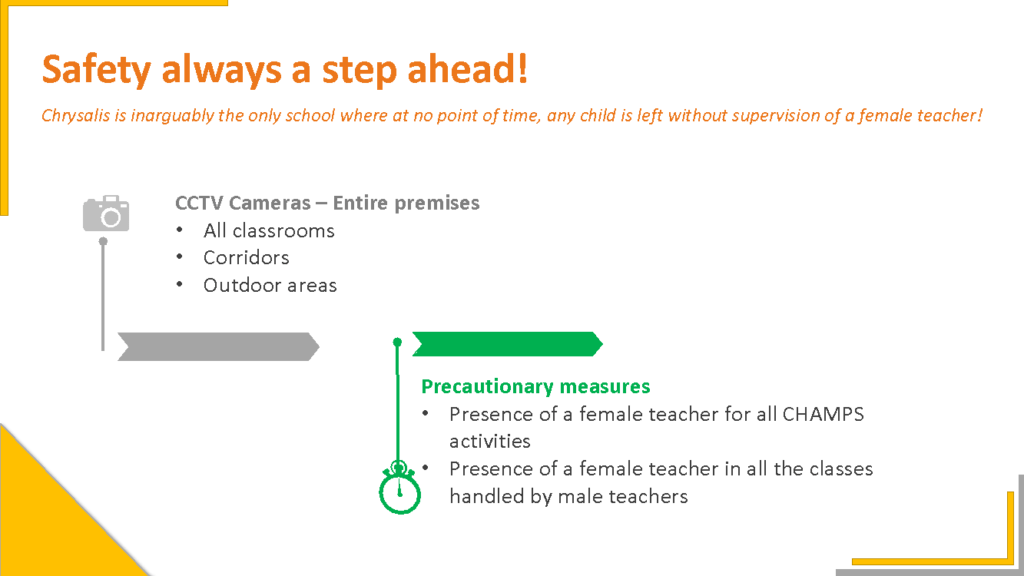
Primary education or elementary education is typically the first stage of formal education, coming after preschool/kindergarten and before secondary school.
“Primary education forms the bedrock of development. It is in primary school that children learn foundational skills that prepare them for life, work and active citizenship. Quality education empowers children and young people, safeguards their health and well-being, and breaks cycles of poverty. It also empowers countries, ushering in economic prosperity and social cohesion.“
Objectives
Universal Access to Education:

One of the important objectives of primary education in India is to ensure universal access to education. The Right to Education Act implemented in 2009, aims to provide free and compulsory education for children aged 6 to 14 years. This objective focuses on eliminating educational disparities and ensuring that every child, regardless of their social or economic background, has the opportunity to receive quality education.
Enhancing Literacy Skills:
Another primary objective of primary education in India is to enhance the literacy skills of children. The ability to read, write, and comprehend is fundamental for acquiring knowledge and participating in society. Efforts are made to provide a strong foundation in languages, including the mother tongue, to facilitate effective communication and foster a love for learning.
Holistic Development:
Primary education in India aims to promote holistic development, encompassing cognitive, emotional, social, and physical aspects. The curriculum is designed to provide a balanced education that nurtures creativity, critical thinking, problem-solving skills, and character-building. Co-curricular activities, such as sports, arts, and cultural programs, are encouraged to foster overall growth and development.
Inculcating Core Values:
Primary education plays a vital role in shaping the values and attitudes of children. The objective is to instil moral and ethical values, respect for diversity, empathy, and responsible citizenship. Through value-based education, children are encouraged to become compassionate, responsible, and socially conscious individuals who contribute positively to society.
Bridging Gender Gap:

Gender equality is a significant objective of primary education in India. Efforts are being made to bridge the gender gap in education and ensure equal opportunities for girls. Initiatives like the Beti Bachao Beti Padhao (Save the Daughter, Educate the Daughter) campaign aim to promote gender equality and empower girls through education, enabling them to break the cycle of poverty and discrimination.
Importance
The objectives of primary education in India go beyond the traditional notions of imparting knowledge. They aim to create inclusive and equitable learning environments that foster holistic development, enhance literacy skills, and instil core values in children. By focusing on universal access, gender equality, and holistic growth, India strives to build a strong foundation for its children, empowering them to become active contributors to the nation’s progress. Equality is a significant objective of primary education in India.
Education illuminates what lies latent in an individual, and educational institutions are the sanctuaries that guide the students to the sea of knowledge, skill, technique and information that prepares them to be global citizens of tomorrow.
Conclusion
In wrapping up our exploration of the vibrant world of primary education, we’ve journeyed through the critical roles that creativity, engagement, and tailored learning experiences play in shaping the minds of our youngest learners. This journey doesn’t end here; it extends into every classroom, every book, and every question that sparks curiosity in young minds. For parents and educators alike, understanding the foundations of primary education is not just about ensuring academic success but about nurturing a lifelong love for learning.
Let’s embark on this educational adventure together, building brighter futures, one student at a time. Visit our Chrysalis High to discover more about how we’re transforming the landscape of primary education. Together, we can create an environment where every child flourishes, fueled by curiosity, creativity, and the courage to ask “why?”
FAQ
What defines primary education, and why is it important?
Primary education forms the initial stage of formal learning, focusing on foundational skills. Its importance lies in building a solid educational base for future academic success.
What are the main objectives of primary education?
The primary objectives include developing basic literacy and numeracy skills, fostering socialisation, and nurturing a love for learning. It aims to prepare students for further education and lifelong learning.
How does primary education contribute to a child’s overall development?
Primary education plays a crucial role in shaping a child’s cognitive, emotional, and social aspects. It provides a framework for developing critical thinking, creativity, and essential life skills.
What role does primary education play in addressing societal challenges?
Primary education is a key tool in addressing societal issues by empowering individuals with knowledge. It helps cultivate an informed and skilled citizenry, contributing to the overall development of communities and nations.


